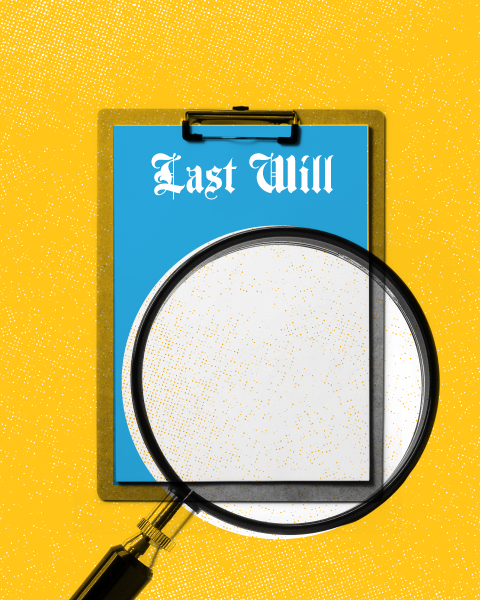When it comes to dispersing your stuff after you’re gone, most people opt for the familiar route of will creation. And while wills are usually sufficient to ensure your property gets passed on to the people of your choice, it’s worth it to investigate whether establishing a trust in addition to your will might save your loved ones time and money after you’re gone.
In a trust, a person, known as a trustee, is assigned to hold title to certain property for the gain of another person, known as a beneficiary. In a living trust – a trust that exists in your lifetime – you can serve as your own trustee, meaning that you remain in control of the property until it is distributed to the beneficiary by the terms of the trust, usually on the trustor’s death.
This may all sound a bit confusing, but the bottom line is easy: The biggest benefit to a trust is that it avoids probate, a long, often drawn-out legal process that can take months or even years. When you die with a will as your only means of estate distribution, your family doesn’t see a dime until the probate process is complete. This process can be long and expensive, and can sometimes cause beneficiaries to lose big chunks of their inheritance to court costs and attorney’s fees.
Trusts also allow you to tailor the terms of your inheritance plan as specifically as you want, even putting conditions on the terms of your grants. For example, if you want to make sure little Johnny stays in school, you can make that a stipulation of his inheritance through a trust. Also, individuals with a high net worth can use certain trusts to avoid the dreaded Estate Tax, which kicks in for estates worth more than $5.34 million in 2014, although that figure goes up slightly each year.
Yet, for as great as trusts might sound, they’re not right for every situation. Trusts can be somewhat costly and complicated to put together, and they require more maintenance than a will, meaning that wills usually serve just fine for the young and those without especially large estates.
If you’re considering a trust, consulting with an estate-planning attorney is usually a good starting point, although there are books and other services (like Legal Zoom) available that can guide you through the process if you want to save some cash and create your own trust.





